- All Posts
- New Washington Legislation Opens Door for Expanded Energy Solutions
New Washington Legislation Opens Door for Expanded Energy Solutions
Updated performing contracting language provides opportunities to expand solutions for performance contracting projects.
Washington State legislators have approved HB 1768, a bill that modernizes definitions used in performance contracting language applicable to energy conservation projects. Signed by Governor Jay Inslee on March 24, 2022, the bill went into effect on June 9, 2022.The expanded language allows our clients to consider and apply more solutions to their performance contracting projects. Specifically, the updates reference emerging solutions such as electric vehicle charging infrastructure, distributed energy projects, energy storage projects and grid-interactive measures.
Why were changes proposed?
The current performance contracting language was drafted over two decades ago. The language was effective for many years and led Washington State to become one of the most successful performance contracting markets in the nation. However, when the original language was developed, it did not consider a clean energy future. The codes as they are written today, limit our ability to use performance contracting to advance important project work for the future of clean energy, such as deploying electric vehicle charging, certain cases of fuel switching, distributed energy solutions and other projects that create energy benefit outside of “facilities.”
What changes were made?
HB 1768 was proposed to modernize existing legislation, a task different than drafting brand new legislation.Below is an overview of the changes:
- Expanding the definition of conservation to include, but not be limited to, energy demand, energy cost, greenhouse gas emissions and other utility reductions like water, wastewater and solid waste.
- Broadening the definition of public facility to include structures, groups of buildings, multi-building sites, site improvements or other facilities.
- Improving the definition of cost-effective to include other benefits generated by the project, which are purposefully undefined to allow us to consider other value streams such as the social cost of carbon, maintenance or other kinds of cost-saving benefits.
- New language was added to allow consideration of distributed energy resources which include but are not limited to energy efficiency projects, energy storage, demand response, electric vehicle charging infrastructure and grid-interactive efficient buildings.
- Line edits to the legislation can be found here.
At McKinstry, we celebrate this legislation which unlocks our clients’ ability to participate in and drive toward a zero-carbon future. Efficient, smart and clean energy solutions are within reach.
Creative solutions that let you focus on your mission and core business are possible. Visit our EcoDistrict and Energy Services pages to learn more about distributed energy sources, energy storage, electric vehicle charging infrastructure, grid-interactive and connected buildings and more.
Project Experience
See innovation and creativity in action through our recent projects.
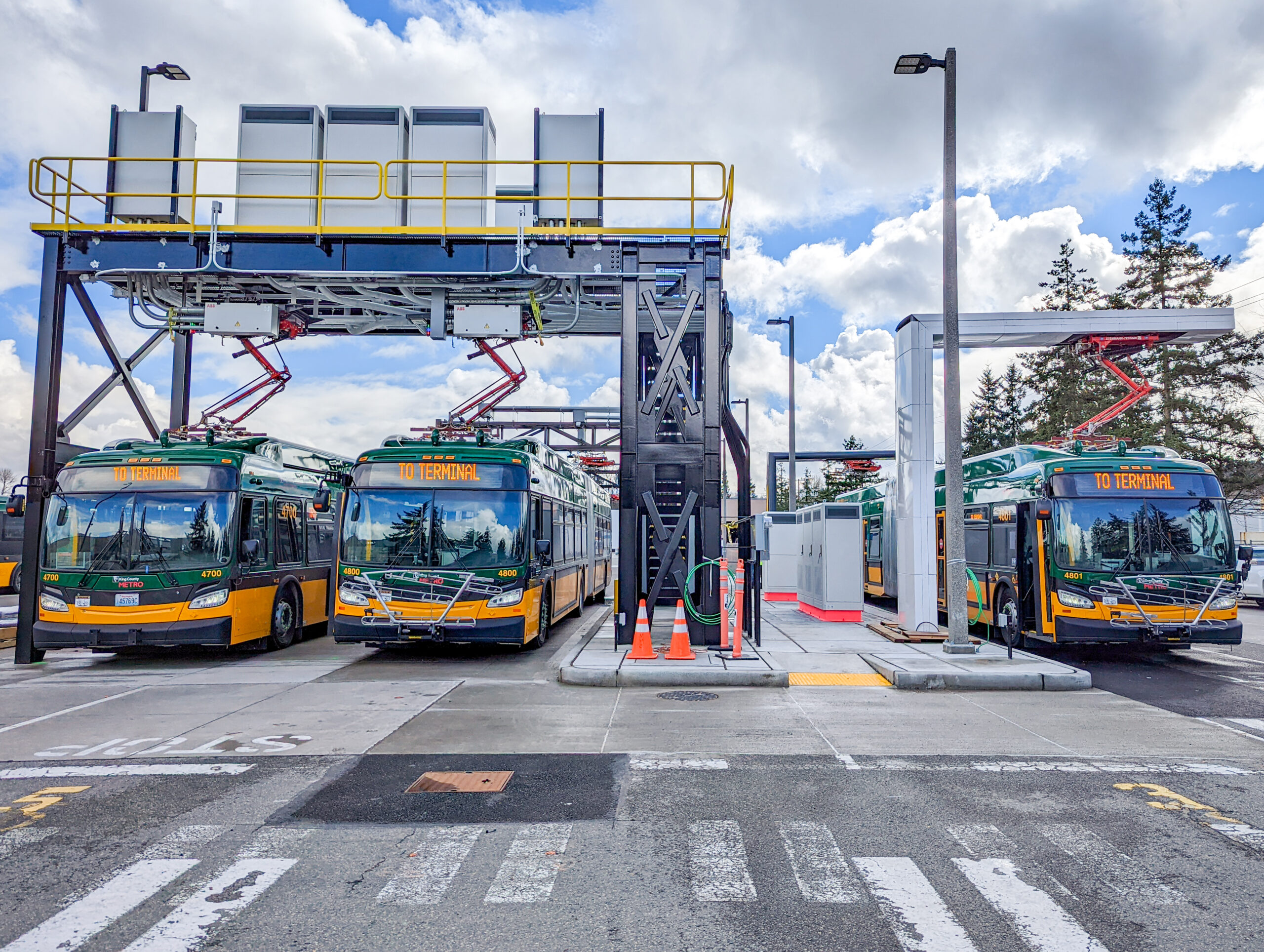

Electric Bus Charging Pilot
King County Metro’s charging facility for its battery-electric bus fleet is the first step towards a zero-emission fleet by 2035.
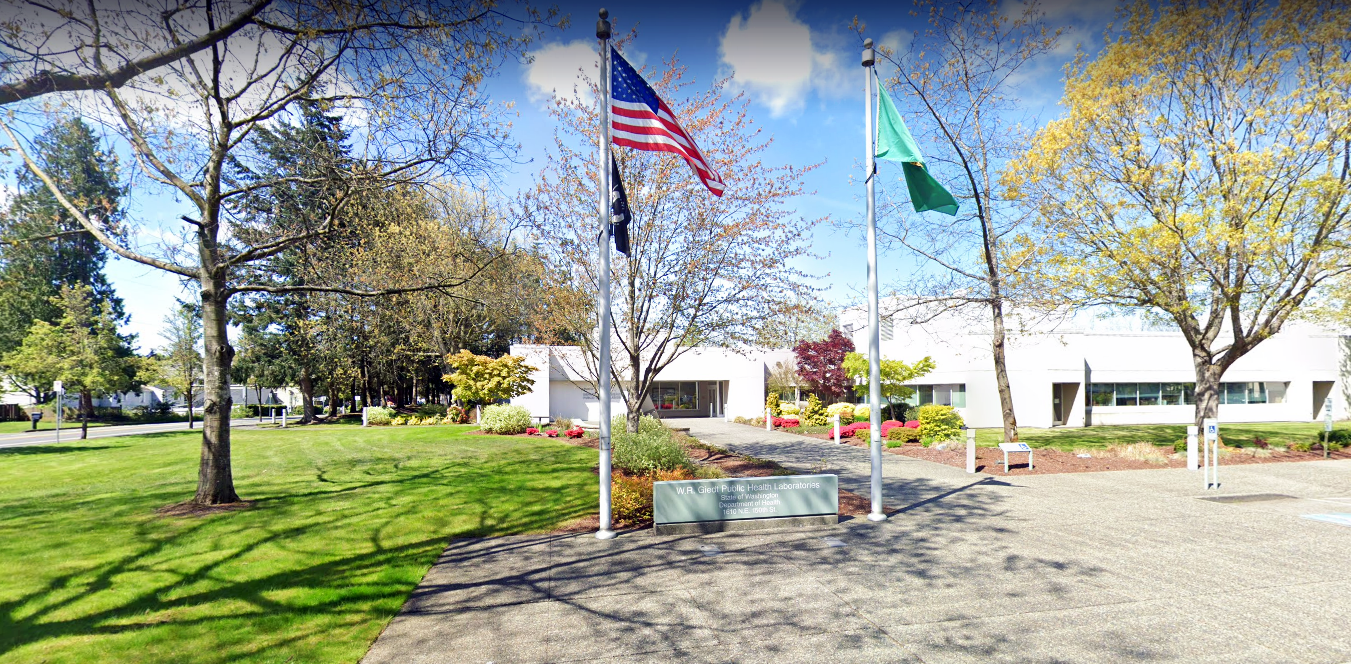

Efficient Facility Upgrades
The Washington State Department of Health’s facility upgrades will increase reliability and reduce emissions by 85%.
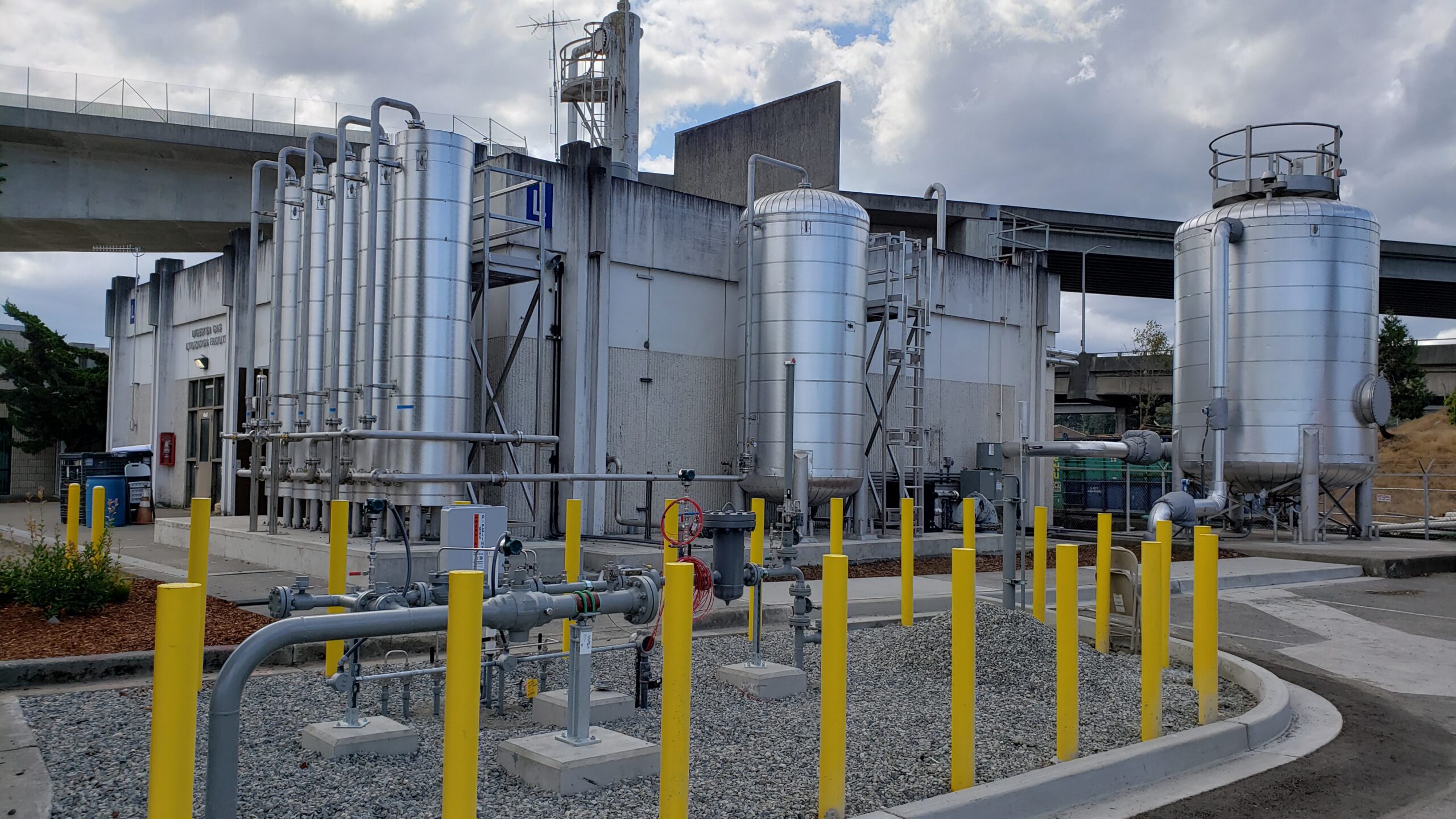

Biogas Generation
The City of Tacoma is producing clean-burning biogas from its wastewater treatment plant to power its municipal fleet.
Interested in Learning More?
Please complete the required fields below to learn more about how McKinstry can help your organization achieve its sustainability goals.
Explore Other Insights
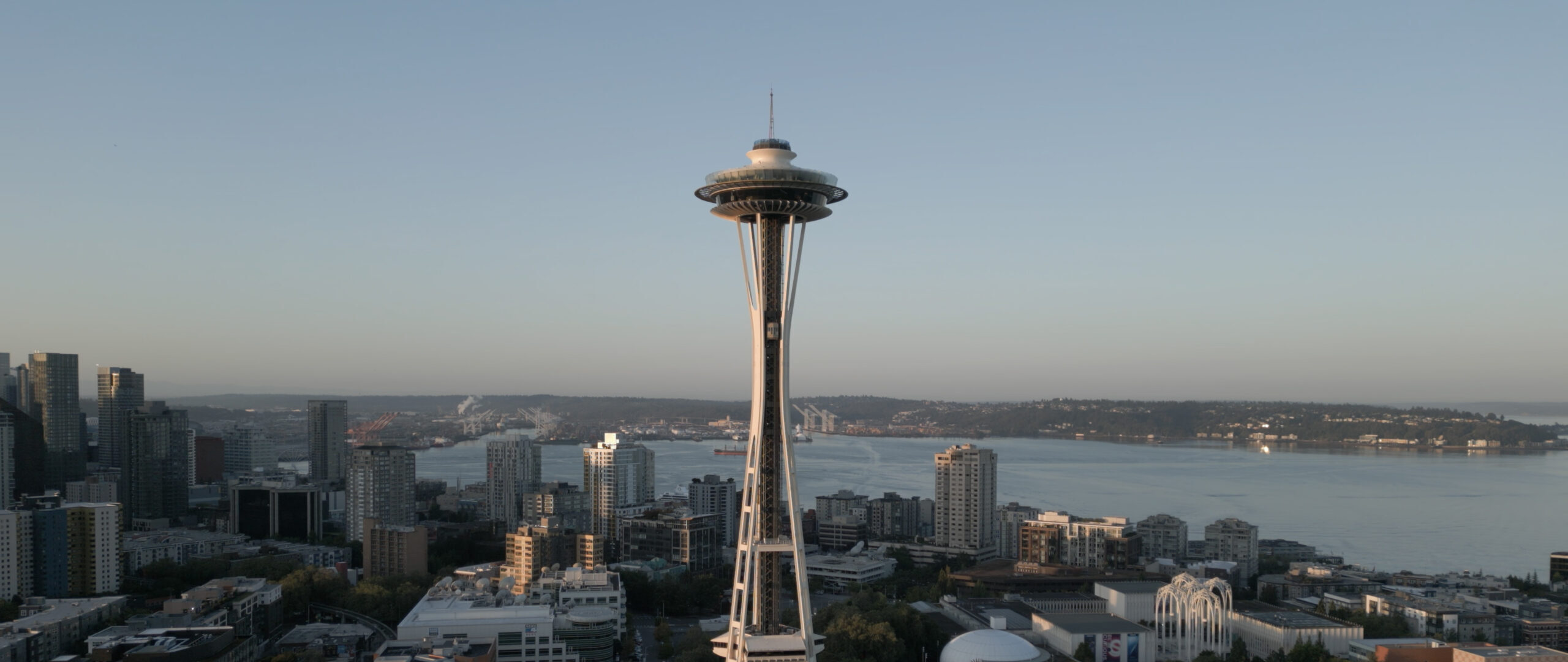
Seattle’s Iconic Skyline: A Look From the Top of the Spac…
One of the most photographed and recognized structures in the world, the Space Needle was built as a cultural centerp…
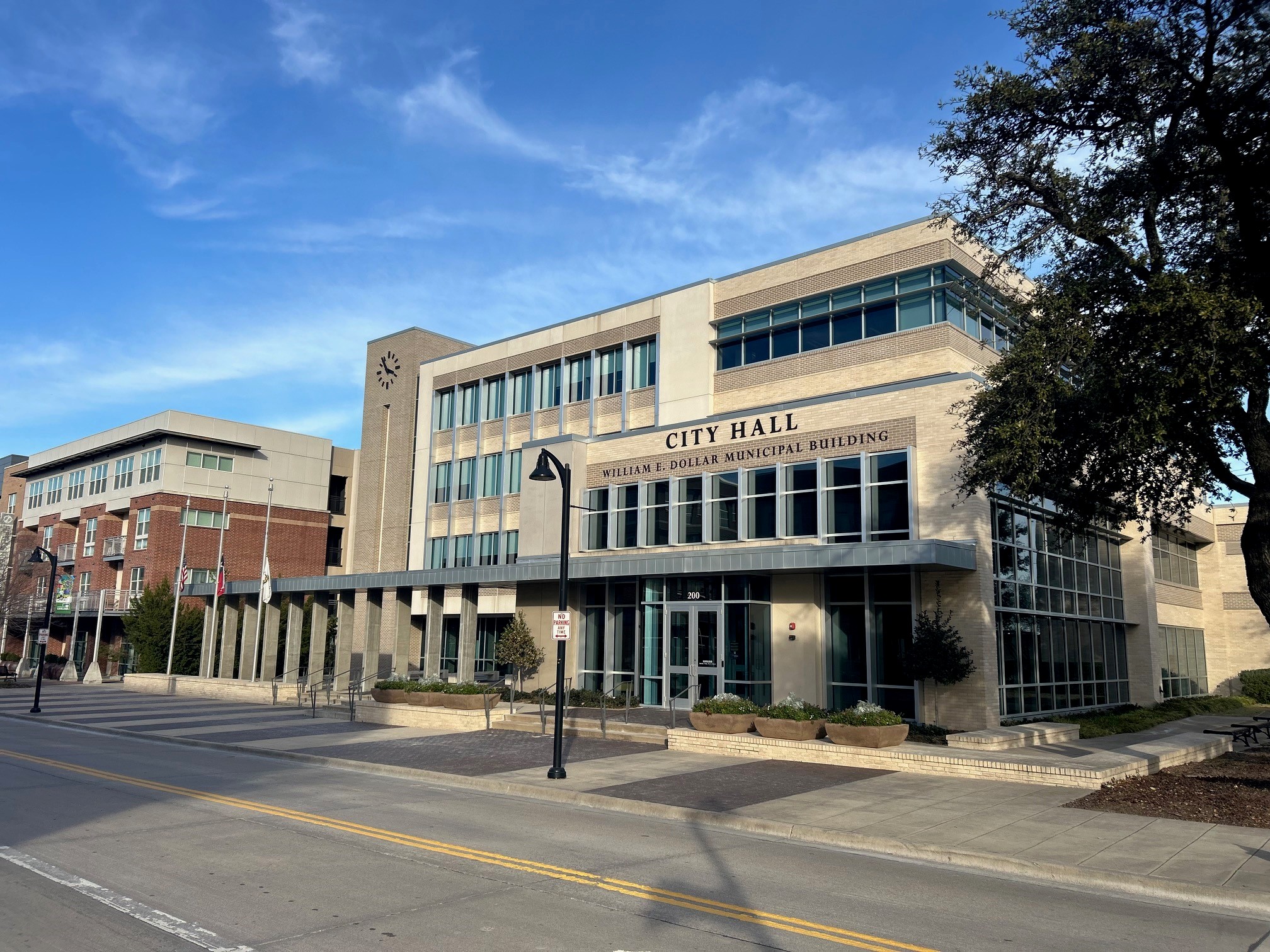
Future-Proofing Garland’s Facilities
How a Comprehensive Audit and Assessment Is Helping the City Plan for the Future

How Whatcom County is building a cleaner, more equitable …
Innovative EV feasibility study prepares the community for success in the changing EV landscape in the Pacific Northwest